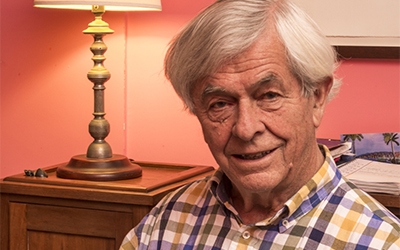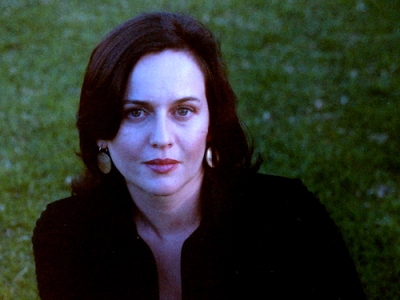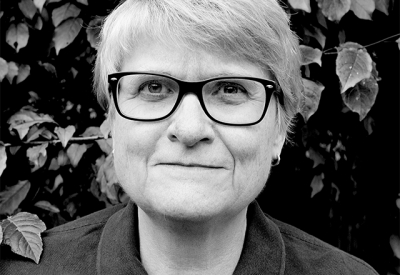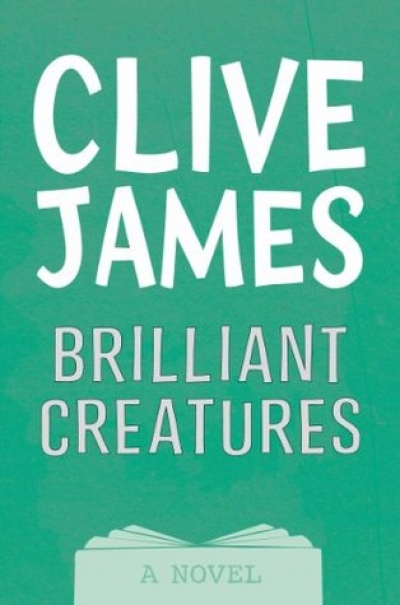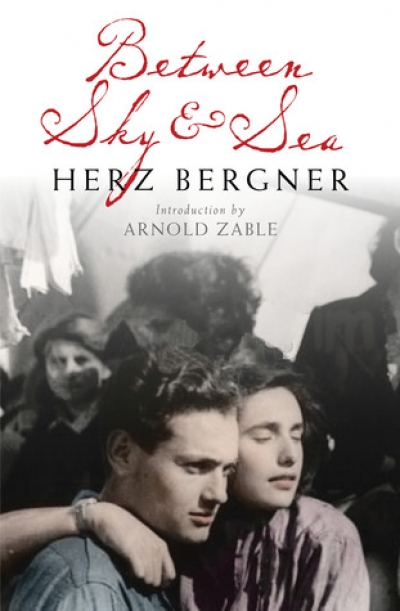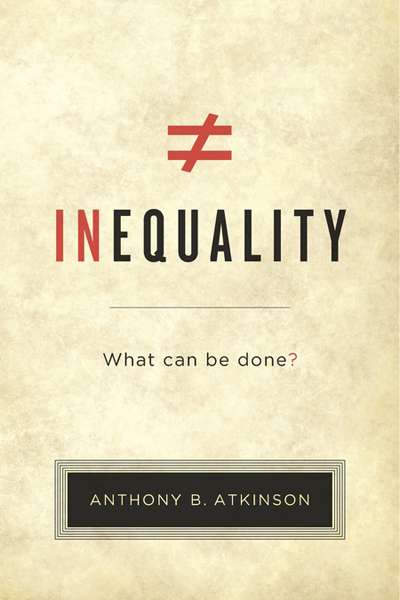Accessibility Tools
- Content scaling 100%
- Font size 100%
- Line height 100%
- Letter spacing 100%
Current Issue
Short story
Jolley Prize 2012 (Shortlist): 'Tended by Foxes' by Ngiare Elliot
My sister watched the river drink me, and offered not a finger to pull me free. She was a colder creature than the water on my skin, and I should have known there was no turning her once her words were thinned, and her eyes dusk-rimmed. She watched me bob and nod to the river, her skirts clotted in her fists, and I don’t think she cared if I became wood or stone, or if the scraps of me lay beneath the swagger and curtsy of crow, as long as the river washed me gone and ever from her sight. She wanted no sketch of sister left on wind or water.
Commentary
‘Not being talked about’: Putting the arts back on the political stage
When the Morrison government decided in December 2019 to axe the federal arts department and to fold it into the department of infrastructure, transport, regional development, and communications, it was a strong signal – if another was needed – of the low esteem and influence the arts wields in Canberra. But it shouldn’t have come as a surprise. The decision was made just months after the 2019 election campaign, when the Liberal Party offered no arts policy, and Labor only a nominal one. The depressing news came on the back of a decade of crisis and neglect for the sector, well before the spectre of Covid wreaked havoc for many artists and performers.
The ABR Podcast
PODCAST
The ABR Podcast
The ABR Podcast is released every Thursday and features reviews, poetry, fiction, interviews, and commentary. Subscribe via iTunes, Google, or Spotify, or your favourite podcast app.
Interview
Open Page with Chris Wallace-Crabbe
Interview
Open Page with Delia Falconer
Interview
Jill Jones is Poet of the Month
From the Archive
Brilliant Creatures by Clive James
Brilliant Creatures is not so much a novel – a first novel, as the title page coyly points out – as it is a presentation pack. The text itself is bookended by an introduction at the front, and a set of extensive, very boring notes and index at the back. A set of notes and an index for a novel, a first novel? Yep. Clive James has heard of Nabokov and Pale Fire. He has also, as the four-page introduction makes clear, heard of his ‘illustrious ancestor Henry’: of Gide, Montaigne, Sterne, Peacock, Firbank, Trollope, Joyce, Shakespeare, and Nietzsche.
From the Archive
Between Sky and Sea by Herz Bergner
Herz Bergner arrived in Melbourne in 1938, having left Warsaw after Hitler’s rise to power. Already a published Yiddish short story writer, he joined a group of progressive Yiddish-speaking writers and thinkers who often gathered at the Kadimah Library in Carlton. As information about the Holocaust began to reach these shores, Bergner argued passionately for an increase in European immigration to Australia. He also began work on a novel in Yiddish about a boatload of Jewish refugees (and some others) adrift on the high seas, supposedly destined for Australia.























